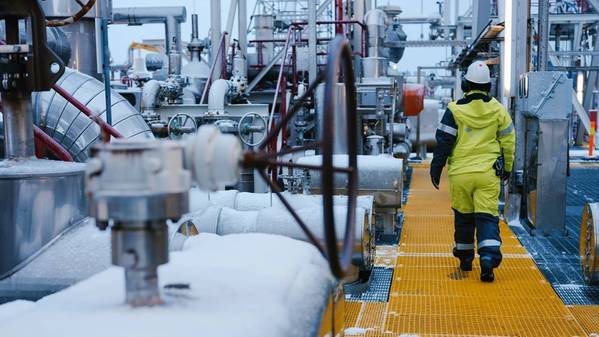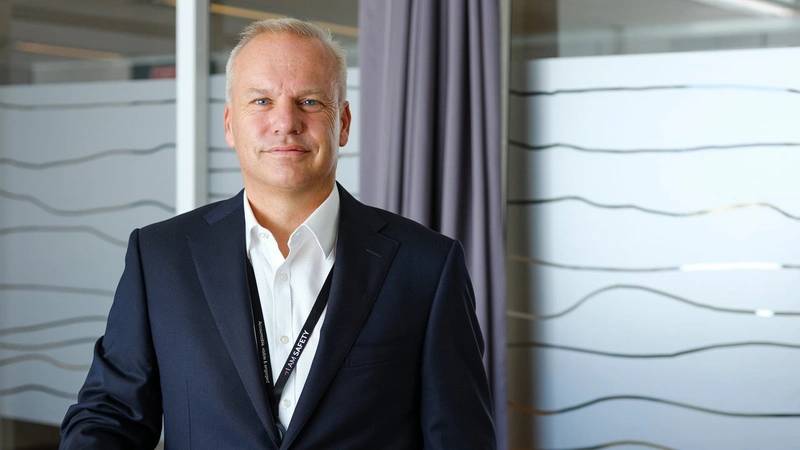
Norwegian oil and gas firm Equinor said Monday it would work to improve safety in its operations following several serious incidents and personal injuries in the past year.
"Equinor experienced several serious incidents throughout the year, but also achieved a reduction in the number of serious incidents and personal injuries in 2020 compared to the previous year. The results support a good trend in safety performance during the last decade, but also demonstrate the need to further improve our safety work," the company said.
Anders Opedal, CEO of Equinor: “Fires and other serious incidents in 2020 demonstrate that we are not where we need to be in terms of our safety work. We will therefore strengthen this work further to run our operations at an even higher safety level. The progress we see in the number of incidents and personal injuries indicates that we are working on the right measures across the company, and that inspires us in the work ahead,”
According to the 2020 safety statistics of incidents and personal injuries in Equinor, as shared by the company, last year, the average serious incident frequency per million hours worked (SIF) dropped from 0.6 in 2019 to 0.5. The total recordable injury frequency per million hours worked (TRIF) was reduced from 2.5 to 2.3.
The number of hydrocarbon leaks, however, at onshore plants and offshore installations went up from 10 in 2019 to 11 last year. Anders Opedal, CEO of Equinor. (Photo: Ole Jørgen Bratland)
Anders Opedal, CEO of Equinor. (Photo: Ole Jørgen Bratland)
"We can be motivated by the results and improvements we achieve over time. However, we must understand risk better and demonstrate that we learn from earlier incidents by avoiding new incidents. Only then will we succeed in taking our safety work to the next level,” says Opedal.
In the fourth quarter of 2020, a total of 15 serious incidents and near-misses, including hydrocarbon leaks, dropped objects, personal injuries, and incidents involving processing and production equipment, were recorded in the company.
Two serious fires at onshore plants, at Melkøya in September and at Tjeldbergodden in December, are still under investigation. Reports of these incidents are expected to be completed in the first quarter. A total of 67 serious incidents and near misses were recorded in 2020 in Equinor, the company said.
"Equinor is investigating serious incidents and near-misses to find causes and implement measures. Conclusions and findings are shared across the company and with our partners and suppliers to ensure learning. The Petroleum Safety Authority Norway and other regulatory bodies are also investigating incidents or near-misses in Equinor’s activities," the company said.
Opedal said the company was forming a project on process safety to further enhance our understanding of risk, compliance and competence to operate its installations, both onshore and offshore, even more safely and avoid major accidents.
The project will prepare recommendations and cooperate with responsible areas in Equinor on execution plans for safety measures. Safety delegates and employee representatives will take part in this work. The project will build on findings and recommendations resulting from investigations, verifications and audits in process safety.
The purpose of the project is to learn about process safety from other industry players by introducing external expertise. Specific recommendations will be incorporated into existing improvement initiatives, the company said.